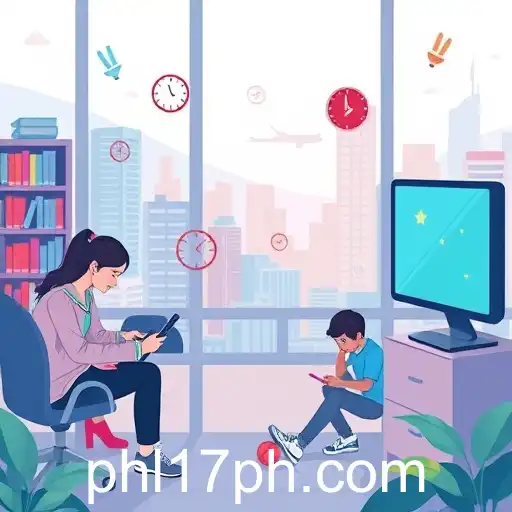
As we find ourselves in the latter half of 2025, the intersection of technology and education has never been more pronounced. With English being a global lingua franca, new and innovative ways to learn and teach it are emerging continuously. One of the more intriguing trends is the use of online gaming platforms like 17ph to enhance learning experiences.
The platform 17ph, known for its engaging and interactive English learning games, has contributed significantly to making language acquisition both entertaining and effective. By gamifying language learning, 17ph and other similar platforms have tapped into a demographic that traditional educational methods often struggle to engage. The use of games to teach English not only makes learning more accessible to young audiences but also incorporates a fun, stress-free environment that promotes better retention of knowledge.
In recent years, societal dynamics have shifted towards embracing digital platforms for educational purposes. This is partially due to the global upheavals that made remote learning a necessity, accelerating acceptance and integration of digital tools in classrooms worldwide. In this context, 17ph stands out by offering a range of structured games that simulate real-world scenarios, helping learners to practice English in contexts that are relevant to their daily lives.
However, while the benefits of such platforms are significant, there are also challenges to address. Concerns around screen time, data privacy, and the digital divide need to be considered. Are these digital tools accessible to everyone? Can the gamified approach become overwhelming, overshadowing traditional learning methods?
Despite these challenges, the future of educational gaming is bright. Innovations in artificial intelligence and virtual reality promise even more immersive experiences that could redefine learning English or any language in the next decade. As we reflect on the current landscape, one thing is clear: platforms like 17ph are not just shaping the future of language learning; they are paving the way for new educational paradigms that blend fun with functionality.
Stakeholders in education—from policymakers to educators—must continue to engage with these technologies to ensure they meet learning objectives while addressing potential drawbacks. The next few years could see even greater collaboration between educational experts and game developers, ensuring that platforms like 17ph achieve their full potential.


